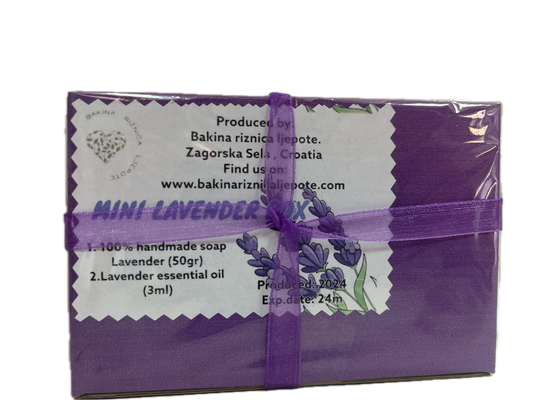
Hydrolyzed whey protein vs. whey protein isolate for people with lactose intolerance
Međimurski cekerHydrolyzed whey protein
Advantages:
- Better digestibility: Hydrolyzed whey protein undergoes a hydrolysis process, where the protein is broken down into smaller peptides. This makes it easier to digest, which is especially beneficial for people with sensitive digestive systems, including those with lactose intolerance.
- Reduced risk of indigestion: By reducing the size of the protein and removing most of the lactose during hydrolysis, this protein can reduce the risk of indigestion such as bloating, gas and diarrhea, which are common with lactose intolerance.
- Faster absorption: Hydrolyzed protein is quickly absorbed by the body, allowing a quick supply of amino acids. This can be especially useful after training for faster muscle recovery.
Disadvantages:
- Price: Hydrolyzed whey protein is usually more expensive due to the additional processing process.
- Taste: The hydrolysis process can change the taste of the protein, which may be less pleasant for some users.
How it works in people with lactose intolerance:
Due to the minimal amount of lactose and better digestibility, hydrolyzed whey protein is very suitable for people with lactose intolerance. They can usually consume this protein without significant digestive problems.
Whey protein isolate
Advantages:
- High protein content: Whey protein isolate has a very high protein content (typically over 90%) and very low fat and carbohydrate content, including minimal amounts of lactose.
- Minimal amount of lactose: The isolation process removes most of the lactose, making this protein suitable for people with lactose intolerance.
- Rapid absorption: Whey protein isolate is rapidly absorbed, providing effective support for muscle building and recovery.
Disadvantages:
- Price: Although usually less expensive than hydrolyzed protein, whey protein isolate is more expensive than whey protein concentrate.
- Lower content of bioactive compounds: The isolation process can remove some bioactive compounds present in less processed forms of whey protein.
How it works in people with lactose intolerance:
Due to the very low level of lactose, whey protein isolate is usually well tolerated by people with lactose intolerance. Most users will not experience indigestion such as bloating, gas or diarrhea.
Conclusion:
For people with lactose intolerance, both forms of whey protein may be suitable options. Hydrolyzed whey protein offers better digestibility and a lower risk of indigestion, but at a higher price and potentially worse taste. Whey protein isolate provides a high protein content with a minimal amount of lactose, making it a good choice for most people with lactose intolerance. In the end, the choice between hydrolyzed protein and isolate depends on individual needs, preferences and budget.








































































